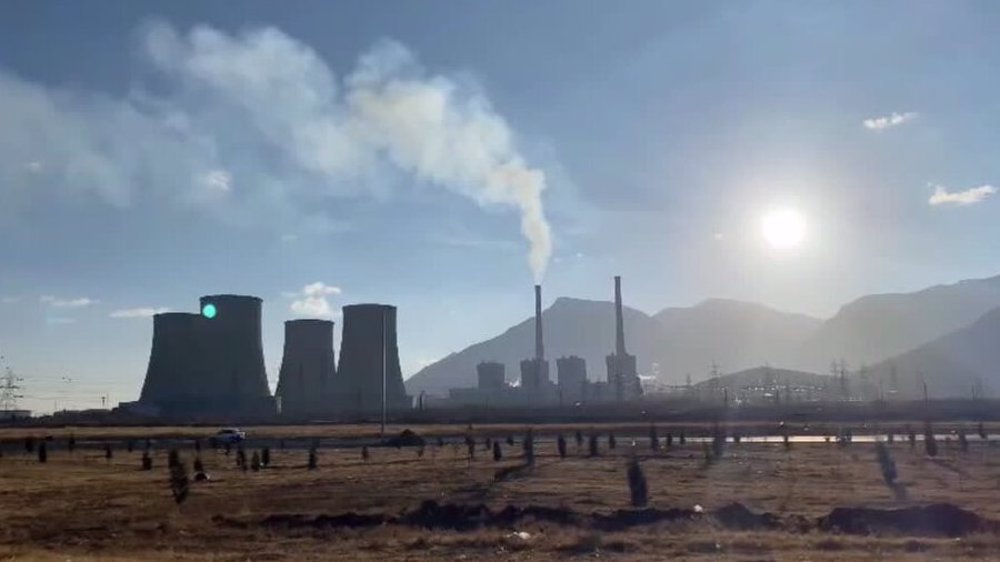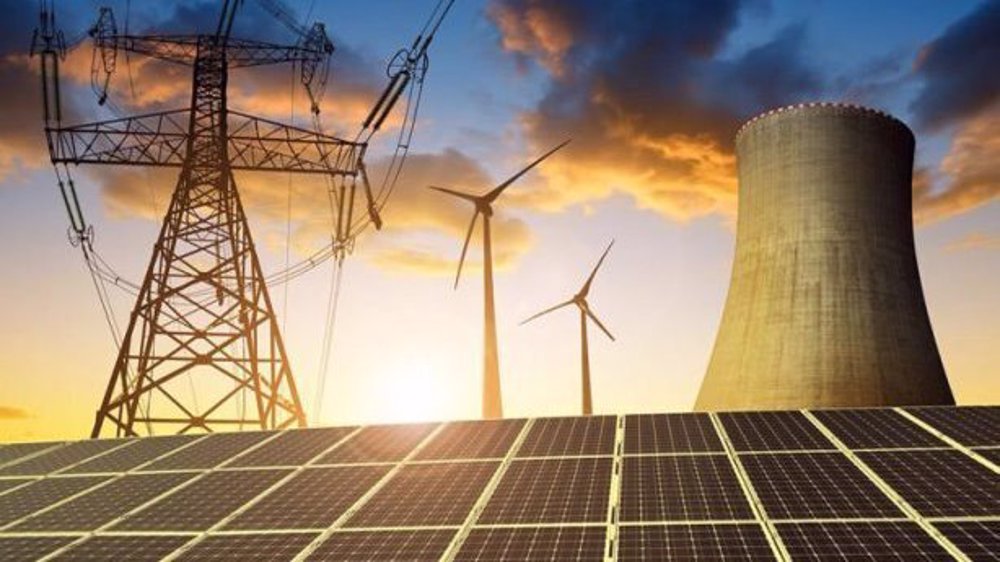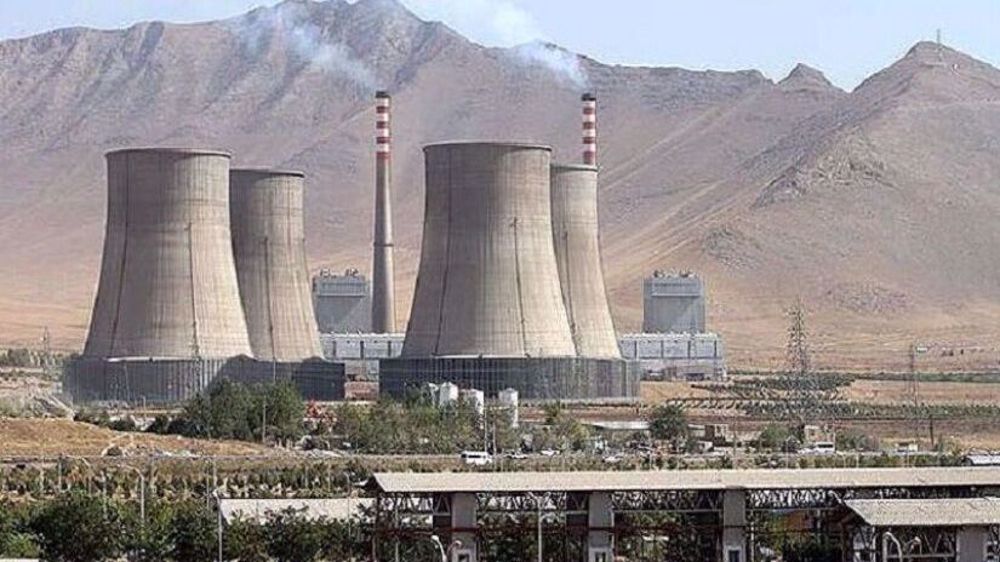Iran's gas will eventually reach Pakistan: Zangeneh
Iran’s Minister of Petroleum Bijan Zangeneh says a much-delayed pipeline project which is about to carry Iran's gas to energy-starved Pakistan will eventually get rolling.
"In general, I think that Iran's gas will eventually be exported to Pakistan, but considering the experience I have gained in these years, I think a third party is needed to solve this issue between Iran and Pakistan," he said.
"This means that a third company has to build the Pakistani section of the IP (Iran-Pakistan) pipeline and relieve our mind about the payment of money for exported gas," he added.
Zangeneh said a number of international oil and gas companies were interested in the project, but nothing had firmed up yet.
The gas project has faced repeated delays since it was conceived in the 1990s to connect Iran’s giant South Pars gas field to Pakistan which suffers from rolling blackouts. Iran has completed work on its side of the pipeline and is waiting for Pakistan to finish it.
Zangeneh said, "The Pakistanis say they have no money to build the pipeline on their soil and there are concerns that if the pipeline is built and gas is exported, they may not be able to pay for our exported gas."
Convergence among oil producers
Zangeneh also said cooperation by non-OPEC members, especially Russia, and OPEC members’ adherence to an agreement to cut oil output is helping the market stabilize.
“I see the oil market balanced. The compliance of the OPEC members is in good shape and the convergence of the members regarding the agreement to cut supplies in the past six months has not declined; it has increased,” Bijan Zangeneh said.
Russia has been key to the agreement under which OPEC members have undertaken to trim oil supplies by 1.2 million barrels per day, with non-OPEC members cutting a further 600,000 barrels.
“The cooperation of non-OPEC countries, in particular Russia, is good in the deal to reduce oil supply, and I think the market is moving toward stability,” Zangeneh said.

The minister said Iran welcomes the cooperation of all non-OPEC producers, citing Brazil which he saw unlikely to join the output cut agreement under the current circumstances.
He made the remarks before a meeting in Tehran with Brazil’s Minister of Mines and Energy Fernando Coelho Filho as he welcomed the participation of Brazilians in Iran's oil and gas projects under a new oil contracts model.
"However, they have not expressed interest up to this moment because, like us, they are a capital absorbing country and want to raise funds in their oil and gas industry," Zangeneh said.
The Brazilians, he said, seem to seek cooperation with Iran in the refining sector.
VIDEO | Yemeni forces repel US-British attack, down F-18 Jet
Iran’s capabilities vast; enemy’s ‘maximum pressure’ policies all failed miserably: Senior official
Iran’s economy grew 2.7% y/y in Sep quarter: CBI
VIDEO | Freelancers in Gaza strive to stay online amid genocide
Mikati demands Israel's withdrawal from south Lebanon
Yemeni army strikes Israeli military sites with drones
‘Clock ticking’: UNRWA slams unjustifiable killing of children in Gaza
BP to be sued in Britain for supplying oil to Israel










 This makes it easy to access the Press TV website
This makes it easy to access the Press TV website